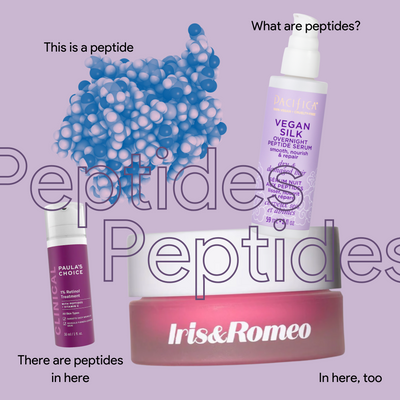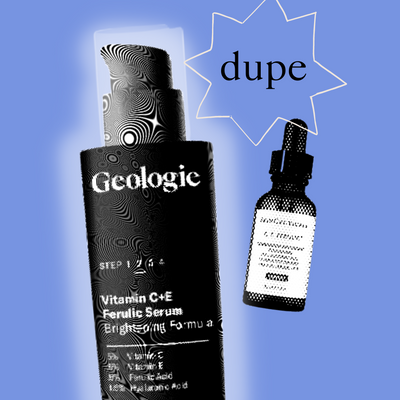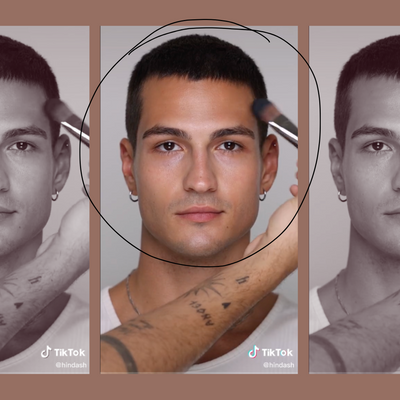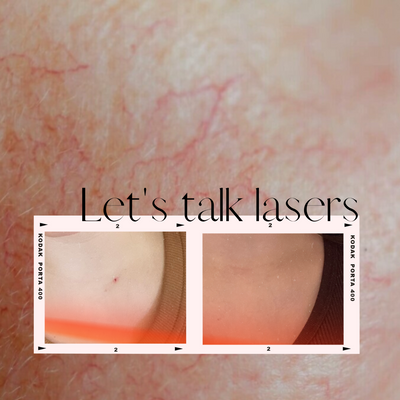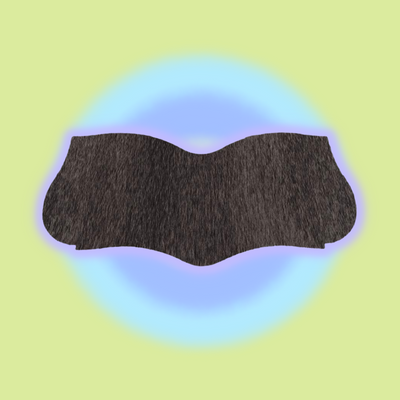When it comes to skincare, we’re more educated than ever before.
We no know that some ingredients can be toxic (like parabens), while ‘organic’ doesn’t make a product more effective (we’re looking at you, scare-mongering goop!). But when it comes to alcohol, there’s still a lot of misinformation out there. For every ‘bad’ alcohol, there are actually beneficial fatty ones that hydrate and improve your skin’s texture.
SEE ALSO: We’ve reached peak ‘clean-beauty’ ridiculousness
Of course, you should avoid any product if it lists alcohol as its first ingredient (editor’s note: I’d even conjecture the first two ingredients as a little iffy!). According to Dr. Y. Claire Chang, board-certified cosmetic dermatologist at Union Square Laser Dermatology in NYC, not all alcohols are the same.
First things first: Yes, some alcohols should be avoided. “They can be harmful for the skin, and it’s important to know why and which types,” Dr. Chang tells Very Good Light.
“Simple alcohols can strip your skin of its natural lipids and oils, making them drying and irritating,” she says Dr. Chang says these include any of the following: SD alcohol, denatured alcohol and isopropyl alcohol. These alcohols are used in skincare formulas for a matte, quick-drying finish, while providing for that ‘degreased skin’ feeling. But they can break the skin’s barrier and can wreak havoc, straining how skin replenishes and regrows skin cells. Basically, these alcohols weaken the skin over time.
But like we mentioned before: Not all alcohols are bad for you. While some are definitely used as preservatives as well as stabilizing solutions, they also do a great job at what hydrating, protecting and improving skin texture. These include: cetyl, stearyl and cetearyl alcohol. Each are fatty acids that have been proven to be beneficial to your skin.
So go forth, skincare junkies and feel the freedom of using alcohol in your products. Just make sure that they’re effective, fatty, and are the right kind!
Quick fact sheet below!Avoid: SD alcohol, denatured alcohol and isopropyl alcohol
Use: cetyl, stearyl and cetearyl alcohol
Reporting by Blair Cannon


